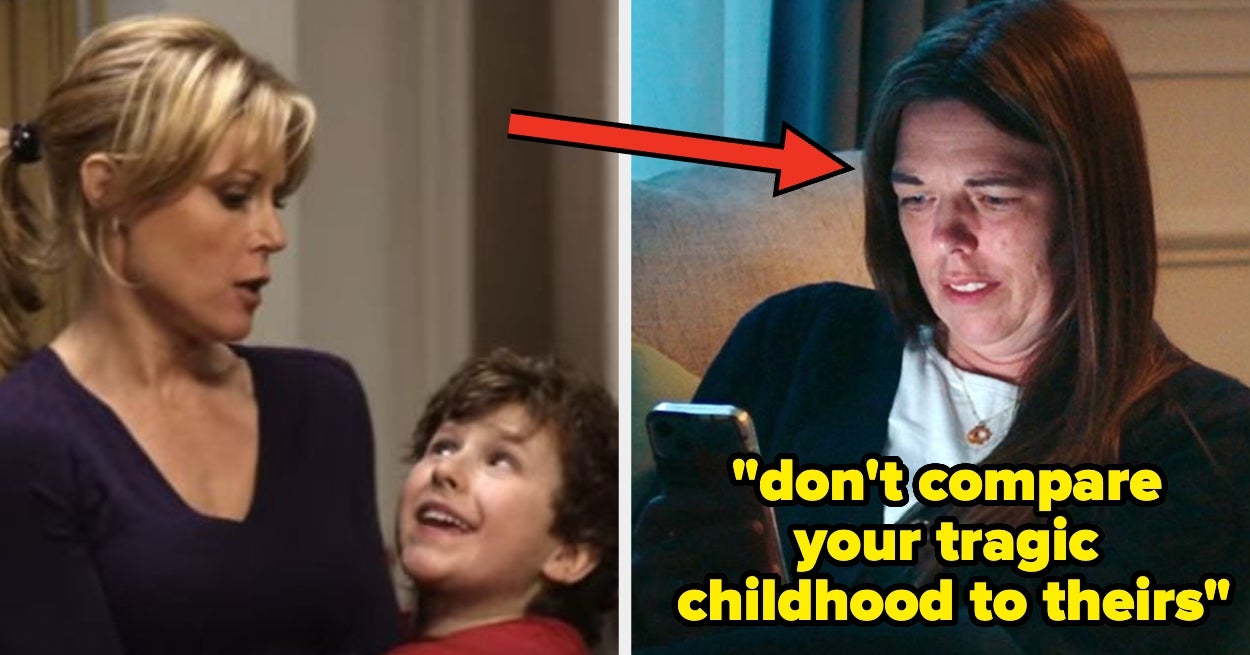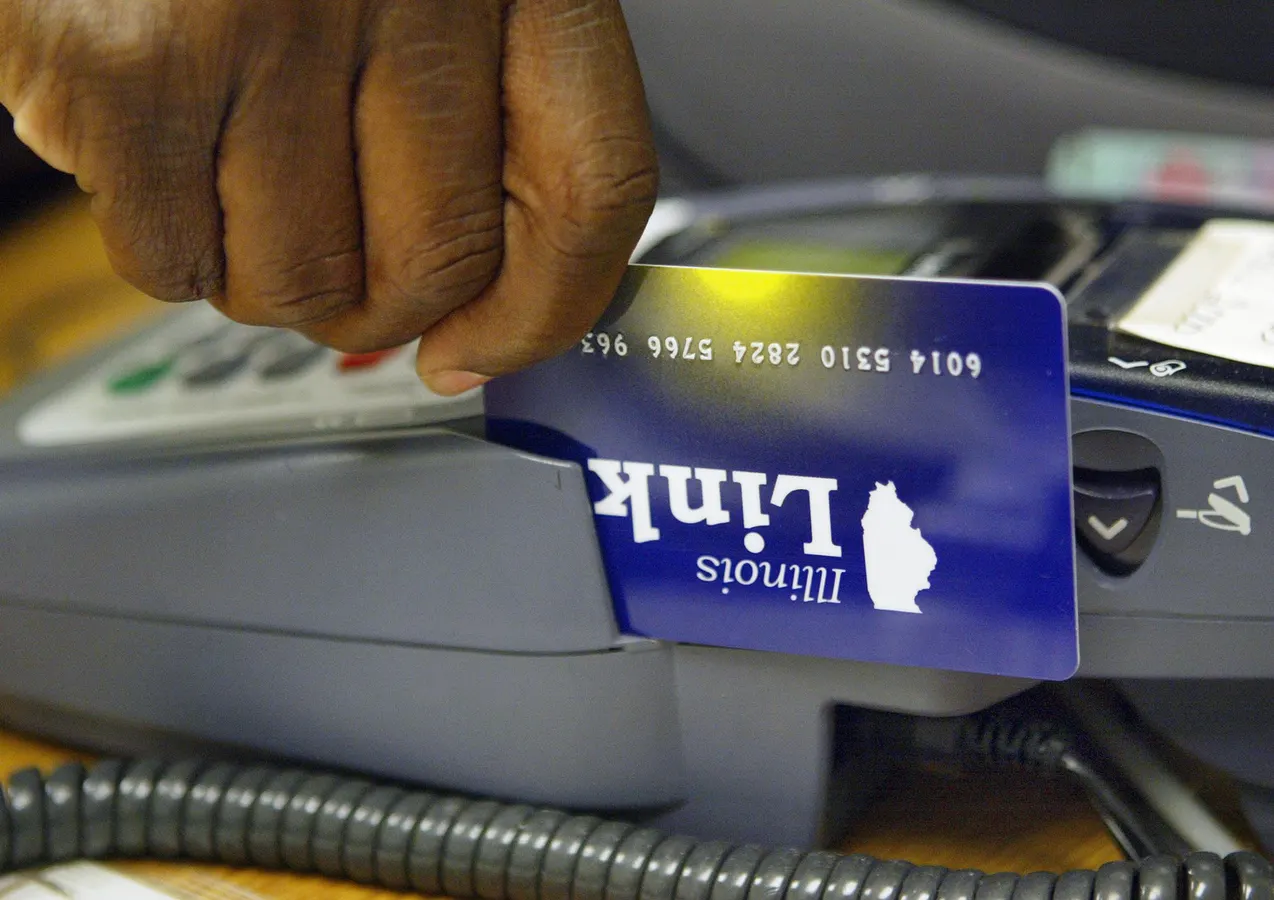Copyright BuzzFeed

Mental Health Professionals Share The "Small" Things Parents Do That Hurt Their Kids Later, And They Make Soooo Many Good Points "Don’t tell kids to hug the relatives! If they want to, they will." A while back, we wrote about "small" parenting mistakes that can have MASSIVE implications as kids grow up. Then, a bunch of readers shared some of their own examples. Here are those responses: Some submissions are also from this Reddit thread because they're too good not to include. 1. "This goes more for teenagers, and obviously don't have zero rules or boundaries, but let them live a little. Let them go out and hang out with friends, let them get into trouble (again, within reason), and let them learn to be their own person. They can't do that when you restrict them too much. Also, if you're strict, they will learn to be sneaky and lie to you, creating a relationship built on no trust." —stylishskeleton927 2. "Food is better in the trash than in their bodies if they don’t want it or need it. I’ve tried to drill that into my grandkids — my feelings won’t be hurt if you don’t finish what you took. It’s okay to throw it away or wrap it up and save it for later." —jaco14 3. "Don’t tell kids to hug their relatives! If they want to, they will." —jaco14 4. "School counselor here. Let your kid navigate failure on their own from time to time. Stop rushing in to rescue them from every situation. It builds resiliency and lets kids learn how to cope when life doesn’t go their way — which, as we all know, is a big part of being an adult. We are raising a generation of kids who have no ability to cope with anything because they have never actually had to deal with anything on their own. We need to be better at coaching our kids on how to handle the tough stuff life throws their way, instead of fixing or solving it for them." —Anonymous 5. "Not listening to their child. As a social worker for over 20 years, I have heard so many adult sexual abuse survivors talk about trying to go to tell their parents and not being listened to, not being believed, or their parents minimizing what’s said. Children try to disclose even at a very young age. Listen to their verbal and nonverbal communication. Believe them." —Anonymous 6. "Being a toxic parent. Then playing the victim when your kid cuts you out of their life. This applies to grandparents, too." —Anonymous, 51, Tennessee 7. "Comparing your troubled childhood to theirs most definitely is an awful choice. It leads to constant comparison and the dreaded 'others have it worse' mindset." —Anonymous 8. "Taking an interest in your child’s interests can do wonders for their self-esteem and lifelong relationship with those interests. Your daughter likes Pokémon cards, but you couldn’t care less? Learn what she likes about it and try to support that. It’s not about Pokémon, it’s about quality time and nurturing her interests. Your son likes golf, and you would rather watch paint dry? Try to do it because they love it. It’s not about golf, it’s about him. This is also a great way to be 'friends' with your kids without losing being their 'parent.'" —Anonymous 9. "Never treating your children as adults. My girlfriend is 23 and despite being entirely independent of her family, her mom treats her like a child still. As in too immature to make her own decisions, inferior to her/not equal (she was recently told to 'learn her place'), invalid in feelings, emotions, etc. This invalidates her self-worth, her opinions, her views, and stances. It’s wildly damaging and extremely toxic. She can’t hold an adult conversation with her adult daughter, and it’s extremely frustrating." —BeingMrSmite 10. "Discouraging them from asking questions. Yes, it can be annoying to keep hearing 'But why?' But I've met far too many adults who admit they stopped asking questions because, as a kid, their parents would shut them up or say, 'There he/she goes asking questions again.' Inquisitive minds need to be fostered." —rccrisp 11. "Never showing up for events. I remember my parents didn’t come to most of my chorus concerts. It really sucked to see my classmates’ families cheer them on while my parents were absent. I brought home one of my chorus program papers to show my parents, and I found it in the trash the next day... I was sad because I wanted to keep it, but seeing it in the trash, I didn’t want it anymore." —mousely 12. "Telling them that the family members who are mean to them or neglect them, love them." —everybodylovesmemore 13. "Creating an environment where you tell your kid their feelings aren’t valid just because they aren’t the same as yours, or your kid processes their emotions differently than you. Angrily telling your kid they are too sensitive/dramatic/theatrical/hormonal is just going to mess your kid up and encourage them to bottle emotions up to avoid upsetting you, and it is going to lead to major communication issues." —dreamer4659 14. "Constantly pushing an intelligent or self-motivated child to work harder and harder and do 'better.' You’re setting your kid up to be a perfectionist, which can be incredibly damaging to their mental health in the long run." —dreamer4659 15. "Don't smother your kids. My mom quit having her own life the moment my brother and I were born. She was an incredibly devoted and loving mother, and very kind to us. However, when we were born, she stopped having friends, did not work, and was home every single day from my birth until I moved out in my early 20s." "She was very easy to upset because she had no other source of self-esteem, and any time I screwed up — and I screwed up a lot — it was as if I had levied a very personal attack against her. In the last five years or so before I left, I don't think we had a single conversation that didn't drive her to tears, and I promise I wasn't that bad. I constantly felt cornered and stressed, and fell into depression as a defense mechanism. She took my resulting lack of performance very personally, creating a very treacherous cycle that was only broken when I enlisted and finally got away. To this day, I often feel like I'm a bad person who failed to live up to her love." —DBianco87 16. "Saying 'I don’t care who started it.' I grew up with friends whose siblings would target the one with the bad temper, provoke them into a rage, then cry and play victim when they got slapped. In this case, it does matter who started it. A parent has to make it clear that violence isn’t okay, but neither is provoking someone into said violence." "It doesn’t matter that said person never hit or kicked while their sibling did — they never would have gotten hurt in the first place if they didn’t encourage the aggression to begin with. Children are clever and will find loopholes in their parents’ rules. Parents need to be better and snuff out that kind of BS when it starts. If they don’t, they’ll raise a manipulator and a scapegoat. It’s a lose-lose all because of a simple rule." —[deleted] 17. "Never telling your child that you were wrong and that you’re sorry. Just never once occurred. My father never once said I’m sorry to me. He was human; there were plenty of times he should have. My kids have heard from me plenty." —peteandroger 18. "Getting them involved in problems they have no control over. My parents felt the need to keep me in the loop regarding our pending foreclosure and argued in front of me over which one was to blame when I was 10. What possible reason is there to share that with a kid? I barely slept for months. I was convinced the cops were gonna bust in at midnight and throw us all outside." —EmpressBoaHanc0ck 19. And lastly, "Not following through with your promises. If you told your child you were buying ice cream tomorrow in the hopes that they'd forget, and the next day, when they ask you, tell them no, they'll see you as unreliable. (Ice cream is just the first thing that came to my mind.)" —A_H_Corvus Responses have been edited for length and clarity. So, to all the mental health professionals out there, what "small" things parents do can cause major damage in their children's lives? Let us know in the comments, or, if you prefer to remain anonymous, leave your submission in the form below.



